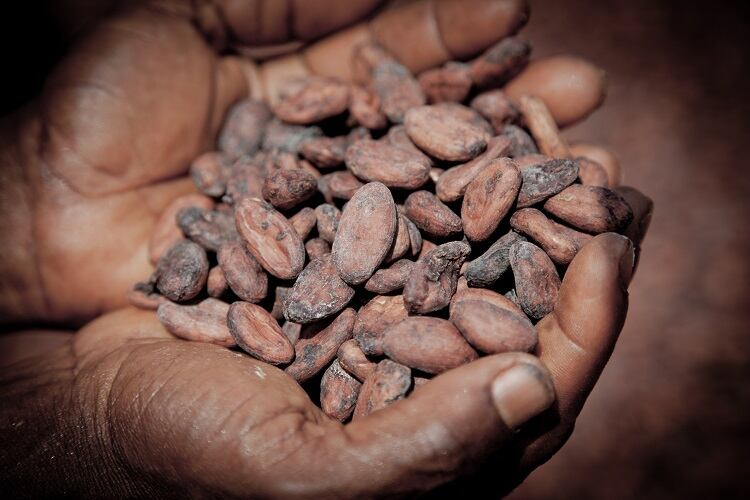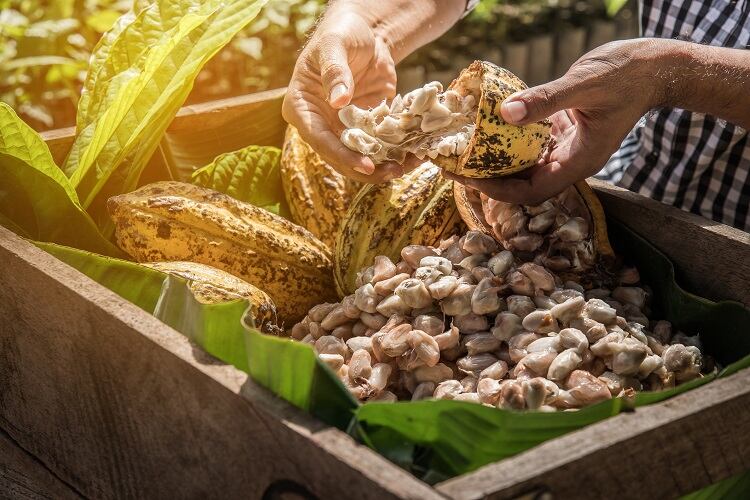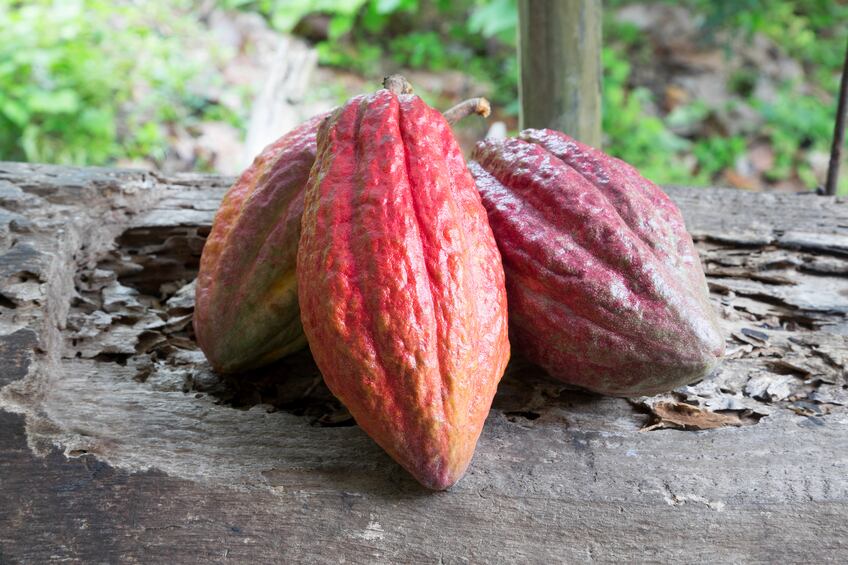The first case of coronavirus was reported in Côte d’Ivoire, the world’s largest producer of cocoa, on 11 March 2020.
The Government responded within the week, introducing a set of measures to limit the spread of the virus on 16 March.
Lockdown measures included the closure of all schools, banning of gatherings of more than 50 people, partial closure of international borders and quarantine of new arrivals. Later, curfews and restrictions on movement came into play, including the regulation of transport within towns and cities.
Now, findings from the International Cocoa Initiative (ICI) suggest that new social distancing measures were not the only changes occurring in cocoa-growing communities during the lockdown period.
Data from the ICI’s Child Labour Monitoring and Remediations Systems (CLMRS) has revealed a ‘sharp rise’ in hazardous child labour between 17 March and 15 May.
A COVID-related spike?
ICI’s CLMRS work through community facilitators across the country – many of which are members of cocoa-growing communities. The facilitators interview families and children to identify cases of child labour.
Facilitators visited 1,443 households within 263 communities, and interviewed a total of 3,223 children, during the lockdown period.
Findings revealed a 21.5% increase in child labour identification during this time, compared to the same period in previous years.
ICI suggests this could be associated with several reasons. For example, the closure of schools and restrictions on movement may have resulted in lower availability of adult labour. Alternatively, with schools closed, parents might have taken their children with them to the farm to supervise them, and called on their help with the work.
Financial struggles may well have played a part. A separate telephone survey conducted with 515 cocoa producers in Côte d’Ivoire early June found that more than half of respondents reported a decrease in household income since the beginning of lockdown.
ICI recognises that ‘negative income shocks generally tend to increase child labour’.
While ‘the rise in hazardous child labour is concerning’, ICI is hesitant to attribute the full impact to the partial COVID-19 lockdown at this stage.
Rather, the increase in child labour could be partly due to other factors, such as the ‘constantly evolving economic environment’ (including cocoa price and labour markets) as well as project cycles of the monitoring systems and the motivation of community facilitators.
“In the coming months it will be important to use longer time series data, including from after the lifting of the partial lockdown, as well as more refined econometric tools, to understand to what degree this rise can be attributed to the COVID-19 pandemic and measures taken to control it,” noted the report.
Highlighting the vulnerability
For ICI, the findings underline the vulnerability of cocoa-growing households in West Africa. It also demonstrates how progress in addressing child labour has the potential to be quickly reversed.
“The CLMRS generates real-time data which can provide a detailed view of what is happening at the household, farmer and child level in cocoa-growing communities,” noted ICI executive director Nick Weatherill.
“We hope that the results of this rapid analysis are able to inform decisions taken to improve the lives of the most vulnerable during these difficult times and the resilience of the systems they depend on.”
More specifically, the ICI urges stakeholders in the cocoa sector to ‘consider taking additional action’ to address the negative impacts of the pandemic on cocoa households and their children.
While Côte d’Ivoire has made steps to exit its partial lockdown – many of the restrictions on movement have now eased and schools have reopened – COVID-19 infection rates continue to rise. ICI fears ‘negative impacts may still be felt’.
“The report points to the need for further efforts to support the cocoa households cope with future shocks – be they related to income, labour supply, health or climate. In case access to schooling is interrupted again, it is vital that measures are in place so that children can continue learning. Such efforts should include interventions which have been proven to boost resilience and reduce child labour.”
The findings also reveal, according to ICI, the ‘importance of preparedness’ to ensure cocoa-growing households can better cope with shocks in the future. “Systems to prevent, identify and remediate child labour should be strengthened, so that they can support farming households at times when they need it most.”





